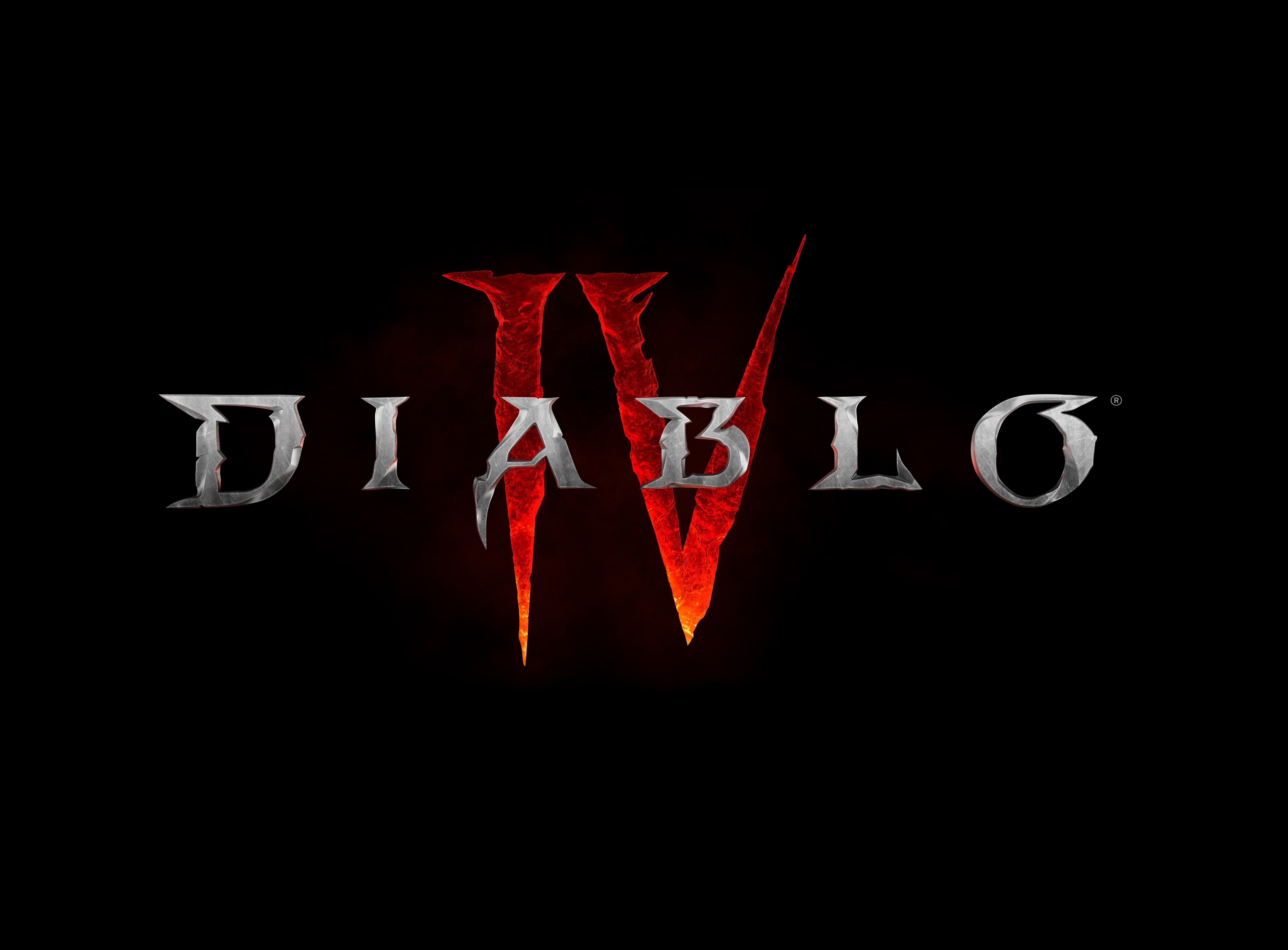

I totally expect this will be the last title before it gets closed.


I totally expect this will be the last title before it gets closed.


Thanks! …and bummer. I’m not a fan of this iteration. Liked the crazy, almost photoreal style of earlier ones. The minimalist to-the-point aesthetic of 2020 one feels too utilitarian to me.


I don’t get it. Is it a new graphics update for the original game or for 1/3 of the original trilogy? Is it a new timesheet for current trackmania? Is it a new title?
I loved the original dessert, it was easily my favorite of the first environments.


Lovely, but I’d like to note this happened 7 years ago in 2017 :)


Probably some kind of exoskeleton. This thing is heavy.


“controversial”. Jeez. Can’t wait to shift away from leaky methane.


Ha I remember that. I also recall someone in the 80s there was a pop song popular in Poland, entitled “Glass Weather”. It was about these rainy autumn evenings when there’s nothing better to do than sit in front of your (black and white) TV. The lyrics were mentioning “apartment window blue from the TV glow”.


This is a very non scientific answer, but when I was a kid (good 40 years ago) I remember having a science book that called TV static “an echo of the big bang”. I guess that would mean just randomly scattered energy bouncing around on all bands?..
I could probably Google it and give you an answer, but I’ll just wait for someone with a more convincingly and authoritatively written reply.


Feels to me like some folks just want to give due warning to help others from throwing money away. I don’t think most are being negative for negativity’s sake - but I may just be too optimistic about the state of the discourse.


Other people said a lot about the CPU and I concur. No reason to buy Intel. If you are planning to use GPU rendering (redshift, octane, etc), you want a card with lots of memory for textures. Not sure if 4070ti fits the bill, I always stick with xx80 or xx90 lines - even if it means starting on older gen.
For video you will want a lot of fast SSD space to edit and HDD to store.
Not gonna comment on the amounts of RAM - I assume you did the math and know that you need this much.
Personally I recommend browsing through Puget Systems. If not to buy from them - then to clone!
Good luck.


SSKTJL (just rolls of the tongue, doesn’t it) is actually a prime game for Denuvo - I bet it has a very high percentage of people kinda-curious about it but knowing they won’t ever pay a penny for the hot garbage it is. I’d imagine very high piracy on it.
(just to be clear, I don’t applaud or approve of adding Denuvo to anything, especially sneaking it in, just thinking out loud)


How is Cities: Skylines 2 these days? I remember it had a pretty iffy launch. Curious whether it’s mostly fixed yet, or still something to wait on.


There’s more to making movies than generating moving images.


Oh, could this DLC finally be a reason to reinstall Diablo 4? Well done King-Activision-Blizzard-XBOX-Microsoft


“metadata” is such a pretty word. How about “recipe” instead? It stores all information necessary to reproduce work verbatim or grab any aspect of it.
The legal issue of copyright is a tricky one, especially in the US where copyright is often being weaponized by corporations. The gist of it is: The training model itself was an academic endeavor and therefore falls under a fair use. Companies like StabilityAI or OpenAI then used these datasets and monetized products built on them, which in my understanding skims gray zone of being legal.
If these private for-profit companies simply took the same data and built their own, identical dataset they would be liable to pay the authors for use of their work in commercial product. They go around it by using the existing model, originally created for research and not commercial use.
Lemmy is full of open source and FOSS enthusiasts, I’m sure someone can explain it better than I do.
All in all I don’t argue about the legality of AI, but as a professional creative I highlight ethical (plagiarism) risks that are beginning to arise in majority of the models. We all know Joker, Marvel superheroes, popular Disney and WB cartoon characters - and can spot when “our” generations cross the line of copying someone else’s work. But how many of us are familiar with Polish album cover art, Brazilian posters, Chinese film superheroes or Turkish logos? How sure can we be that the work “we” produced using AI is truly original and not a perfect copy of someone else’s work? Does our ignorance excuse this second-hand plagiarism? Or should the companies releasing AI models stop adding features and fix that broken foundation first?


Actually no, but thanks for letting me know, I like his content.


In many cases the AI company is “selling you” the image by making users pay for the use of the generator. Sure, there are free options, too - but just giving you an example.


I was on the same page as you for the longest time. I cringed at the whole “No AI” movement and artists’ protest. I used the very same idea: Generations of artists honed their skills by observing the masters, copying their techniques and only then developing their own unique style. Why should AI be any different? Surely AI will not just copy works wholesale and instead learn color, composition, texture and other aspects of various works to find it’s own identity.
It was only when my very own prompts started producing results I started recognizing as “homages” at best and “rip-offs” at worst that gave me a stop.
I suspect that earlier generations of text to image models had better moderation of training data. As the arms race heated up and pace of development picked up, companies running these services started rapidly incorporating whatever training data they could get their hands on, ethics, copyright or artists’ rights be damned.
I remember when MidJourney introduced Niji (their anime model) and I could often identify the mangas and characters used to train it. The imagery Niji produced kept certain distinct and unique elements of character designs from that training data - as a result a lot of characters exhibited “Chainsaw Man” pointy teeth and sticking out tongue - without as much as a mention of the source material or even the themes.


I think the problem is that you cannot ask AI not to plagiarize. I love the potential of AI and use it a lot in my sketching and ideation work. I am very wary of publicly publishing a lot of it though, since, especially recently, the models seem to be more and more at ease producing ethically questionable content.
Now, what’s SFM?